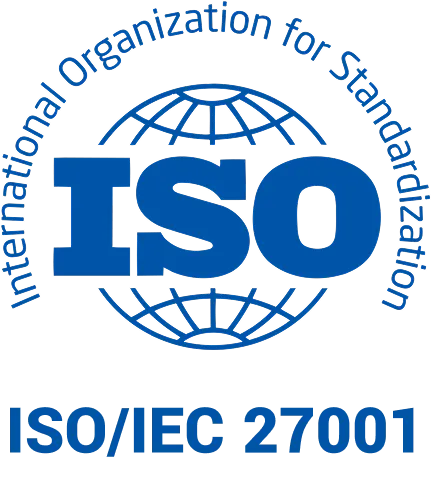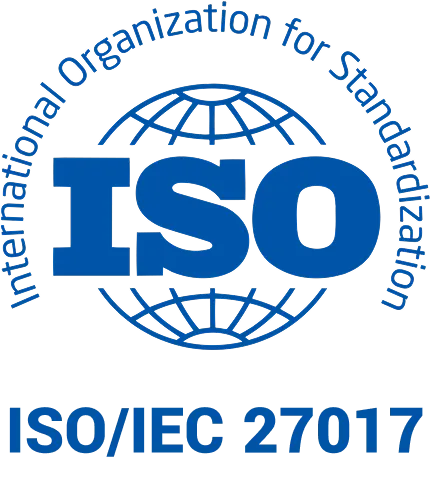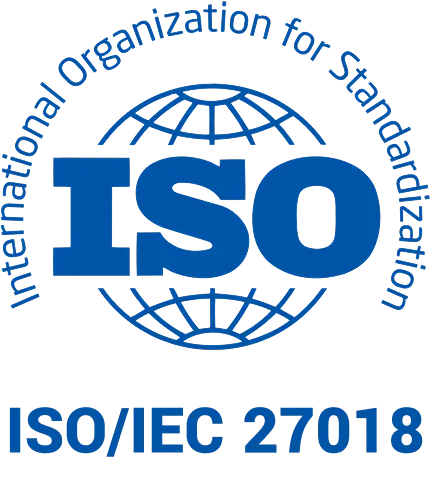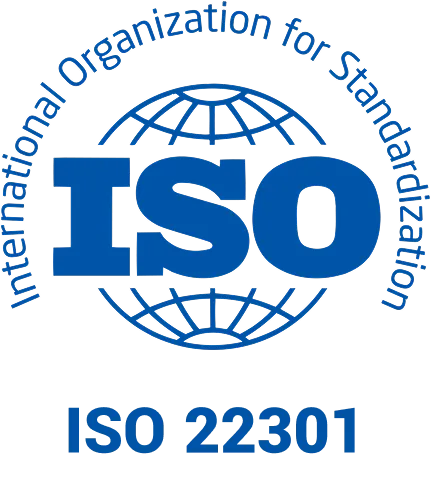
What hard skills are most sought after by employers? How do I write them in my CV?
The modern labor market places ever higher demands on candidates. In addition to traditional soft skills, such as communication skills or the ability to work in a team, employers are increasingly giving importance to hard skills. These measurable, measurable and concrete competencies form the foundation for efficiency in the performance of everyday professional duties. In the following article we will analyze what hard competencies are, learn examples of competencies in this area and discover how to effectively develop them in order to become an attractive candidate on the labor market.
What are hard skills?
Hard skills or competencies, also called “hard skills”, are specific, measurable abilities that can be acquired in a relatively short time through study, training or practice. Unlike soft skills, hard competencies are easier to verify and evaluate by employers. These include specialist knowledge, technical skills and professional experience gained in the field.
Examples of hard skills can be:
- knowledge of foreign languages, confirmed by certificates,
- proficiency in the use of specialized computer software,
- Ability to program in specific languages
- professional licences and licences, e.g. driving licence,
- experience in the implementation of specific projects or tasks,
- knowledge of industry standards and regulations.
An important feature of hard skills is that they can be clearly verified and evaluated. Employers can check them on the basis of documents, certificates, as well as during job interviews and competency tests.
Why are hard skills so important?
Hard skills are necessary to perform tasks effectively in a particular position. Without appropriate specialist qualifications, the employee will not be able to effectively perform his duties. Therefore, hard skills are an important criterion during the recruitment process.
In addition, in an era of increasing automation and digitalization of various sectors of the economy, the demand for workers with specific, measurable skills is growing. Employers are looking for specialists who not only have theoretical knowledge, but can also apply it practically in everyday work.
How to develop hard skills?
Improving hard skills is relatively easier compared to soft skills. There are many proven ways to systematically expand and improve specific professional abilities.
Formal education — completion of relevant fields of study, courses, training or obtaining professional qualifications are fundamental methods of acquiring hard skills. Diplomas, certificates and licenses are proof of your competence.
Self-education — self-study, following current trends in the industry, reading professional literature and participating in webinars and conferences are effective methods of expanding knowledge and hard skills.
Professional practice — gaining experience through work in specific positions, project implementation and professional internships allows you to improve hard skills in real conditions.
Mentoring and coaching — cooperation with an experienced mentor or coach can accelerate the development of specific hard skills, especially in areas requiring specialist knowledge.
Participation in projects — engaging in a variety of projects, tasks or initiatives allows for practical application and improvement of hard skills.
Acquiring Certificates — Obtaining industry certifications and licenses is a great way to confirm your hard skills.
The key to the successful development of hard skills is regularity, concentration on specific competencies and openness to new experiences and knowledge. It is also important to monitor your own progress and regularly assess the level of mastery of a given skill. With us you will also get to know examples of hard skills. We invite you!
How to present hard skills in a resume? Specific examples
Hard skills are important during recruitment, so it is worth taking care of their proper distinction in the resume. Here are some tips on how to successfully present your hard skills in your resume:
- Place it at the beginning of your resume or right after the work experience section to clearly highlight your most important hard competencies.
- Avoid generalities such as “good knowledge of MS Office”. Instead, provide detailed information, such as “advanced knowledge of MS Excel, including function handling and data analysis.”
- In addition to listing the skills, also indicate the level of their proficiency, for example, “English - Advanced (C1)”.
- Carefully analyze the requirements of the job offer and match your hard skills to the expectations of the employer. This will make it easier for the recruiter to notice that you are a suitable candidate.
- Do not limit yourself to just enumerating skills. Also indicate how you have used them in practice, for example, “3 years of experience in Python programming, including 5 projects in data analytics”.
- Where possible, provide specific, measurable information that confirms your skills, such as “preparing more than 200 sales reports per year”.
The effective presentation of hard skills in the resume is the basis for attracting the attention of the recruiter and increasing your chances of being invited to an interview. Remember moderation and authenticity — honesty and credibility are extremely important in the recruitment process.
Soft and hard skills — how to combine them effectively?
Although hard skills are the foundation for the successful performance of professional duties, they are not the only element that determines success at work. Soft skills such as communication skills, teamwork skills and creativity are equally important. The most effective employees are those who can balance hard and soft skills. Technical knowledge and specialist skills are essential during the execution of tasks, while interpersonal skills enable effective cooperation with superiors, colleagues and customers.
Consequently, the recruitment process and professional development are increasingly focused on assessing both the hard and soft competencies of candidates. Employers are looking for people who not only have high professional qualifications, but also know how to adapt, Communicate at work and lead. The effective combination of hard and soft skills allows not only the efficient performance of daily duties, but also dynamic career growth. Therefore, it is worthwhile to devote time and effort to systematically improve competencies in both of these areas.
In summary, hard skills provide the foundation for effective job performance, but they are not the only determining factor for professional success. Soft competences such as communicability, teamwork and creativity are also becoming increasingly important. Employers are looking for employees who can harmoniously combine hard and soft skills. Only a comprehensive approach allows you to fully use your professional potential and achieve long-term success.





































